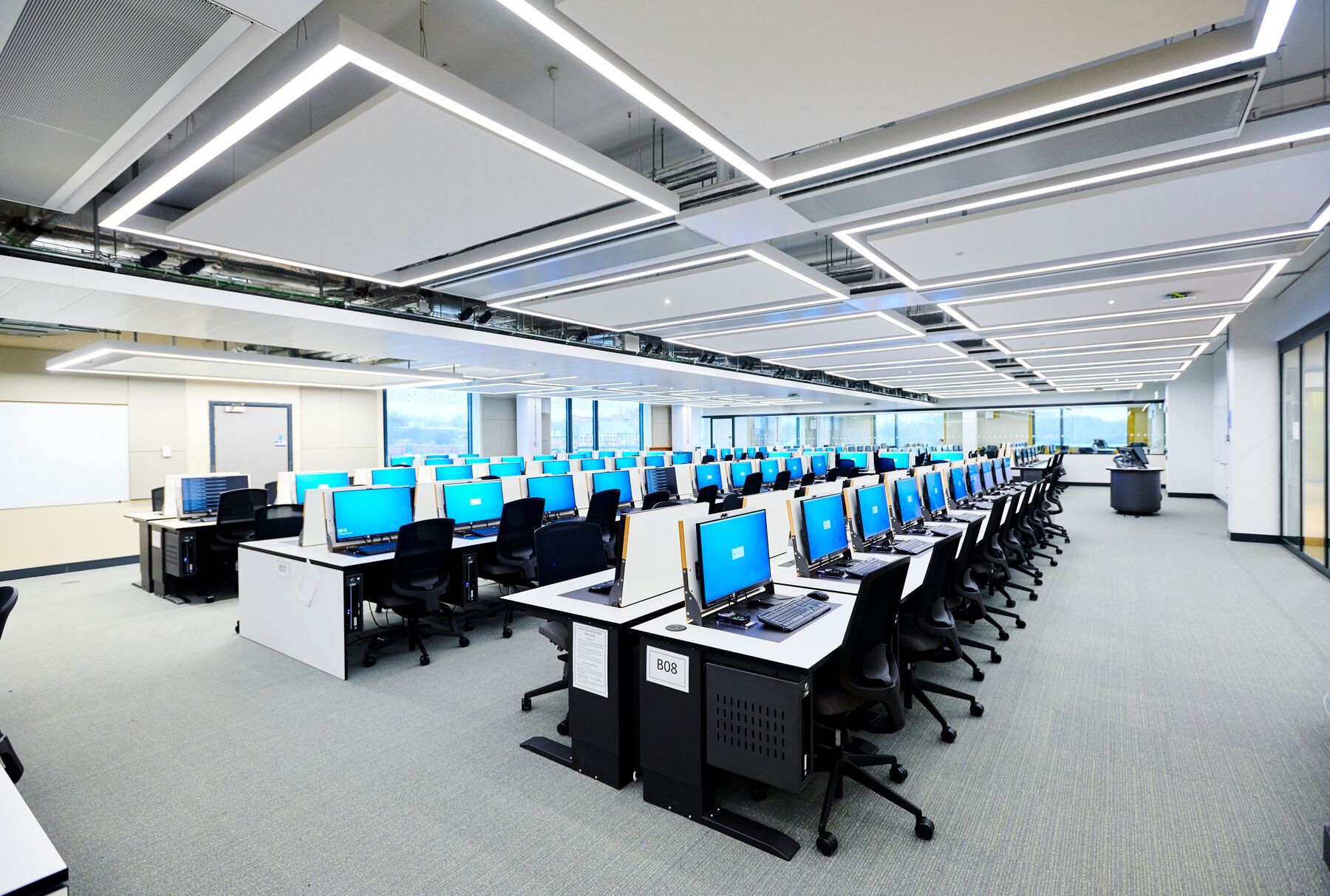PhD Internship: The German Aerospace Center
PhD student Joe Smith is using his skills to complete an internship with Germany's national centre for aerospace, energy and transportation.
18 June 2025
School of Computing PhD student Joe Smith is due to finish his PhD this September. He is currently taking a pause from his research in deep learning and computer vision to complete a three month internship with the German Aerospace Center. In this interview he talks about how he has used the research skills from his PhD and implemented them in an industry setting.
Why did you decide to do an internship?
I knew I wanted to do an internship pretty much from the first day of my PhD. During the induction, I saw some of the exciting opportunities previous members of my CDT (Centre for Doctoral Training) had taken part in and knew I wanted to experience something similar. It seemed like a great way to step outside the usual academic environment and apply my skills in a new setting.
What are your key responsibilities during the internship?
My main responsibility has been generating synthetic data for a dataset that will be used to train an object detection model—specifically, one that can detect and locate drones in CCTV-like images. Before starting, I had never worked with synthetic data, so the opportunity to try something completely new was a big draw. It’s been exciting to work on a problem that’s outside the scope of my PhD and get hands-on with tools and techniques I wouldn’t normally use.

How will your internship support your PhD project?
The internship has definitely helped improve my time management. A PhD often means working independently, on your own schedule, but the internship environment has taught me to collaborate more effectively and stay in sync with a team’s timelines.
It’s also given me a welcome mental reset. I’m currently writing up my thesis, which can sometimes feel like an endless process. Stepping away to focus on something different has re-energised me and I’m looking forward to coming back to the thesis with a fresh perspective.
Are there any other benefits of the internship?
Absolutely. One of the biggest personal benefits is that I’ve had the chance to live and work abroad in Bonn, Germany. I don’t plan to move abroad long term after my PhD, so this felt like a unique opportunity to gain international experience while I could.
Professionally, the internship adds valuable experience to my CV. I went straight from my undergraduate degree into my PhD, so having this practical, industry-aligned role helps round out my skillset and improves my employability.
What support did you have from the School of Computing / university before and during your internship?
The School of Computing were incredibly supportive. I don’t think I could have made it to Germany without them. People like Jamie Stogden were absolute lifesavers when I hit roadblocks, whether it was visa issues or sorting accommodation, they were always there to help and made the whole process much smoother.
What advice would you have for other students who would like to do an “interruption of studies”?
Don’t be afraid to reach out for opportunities that aren’t advertised. One of the best things about doing a PhD is that you have access to a network of previous PhD students who have gone on to work for impressive companies and organisations. Use it!
If you’re considering doing an internship abroad, start looking into visa requirements early. They can be more complicated than you expect and gathering all the documents you need can take time. It’s a long train back from an embassy in London if you get turned away for missing one small document!
For more information on the Postgraduate Research degrees available in the School of Computing, visit the Postgraduate Research page.
